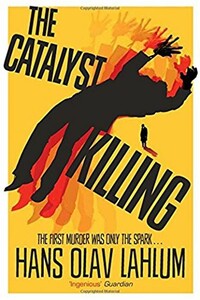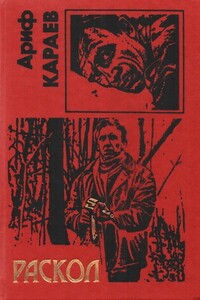Satellite People | страница 54
V
Hans Herlofsen was punctual and arrived at midday as arranged. He was correctly dressed and visibly tense, and nodded in gratitude when I closed the door to my office behind him.
I opened with a routine question regarding how he had travelled to Schelderup Hall the evening before. Herlofsen replied that he had, as usual, driven there alone in his own car, but hesitated slightly when I asked which car. He nodded reluctantly when I asked if the blue Peugeot was his. It felt as if I was getting warmer already. I took a chance and tried a bluff: ‘Your relationship with Schelderup was fine for the first few years after the war, wasn’t it? But then something happened that I think perhaps you should explain in more detail…’
I was prepared for a violent reaction, but it did not happen. It was clear, however, that I had hit bullseye. Hans Herlofsen started to tremble and seemed to sink back into his chair. He sat leaning back for a while, before he started to speak in a shaky voice.
‘I hope that you appreciate how hard it is for me to talk about this. I will be honest, but I pray that it does not need to become public knowledge, unless it should prove to have anything to do with the murder. And I can guarantee you 100 per cent that it does not,’ he hastened to add.
I waved impatiently for him to continue, but did give an understanding nod.
‘It is an irony of fate that I, who have spent my life looking after figures for other people, have not been able to look after my own. There is one year in my life that I simply cannot account for. That year started on 12 February 1948 when I came home to Lysaker and found my wife lying dead on the sofa with our two-year-old son in her arms. And it ended on 14 February 1949 when I was met at the office by a furious Magdalon Schelderup, and was accused of defrauding his company to the tune of 107,123 kroner. I still remember very little from the intervening period. I know that I sent my son to my wife’s sister and I myself drank and gambled every weekend and most evenings. I have no other explanation for it other than that it was an extreme form of grief, perhaps combined with a delayed reaction from the horrors of the war. Whatever the case, I am still not able to explain how I managed to lose such a large amount, even if I did bet on the horses and gamble whenever I got the chance. And the fact that I could do anything so unthinkable as swindle Magdalon Schelderup is even more inexplicable.’




